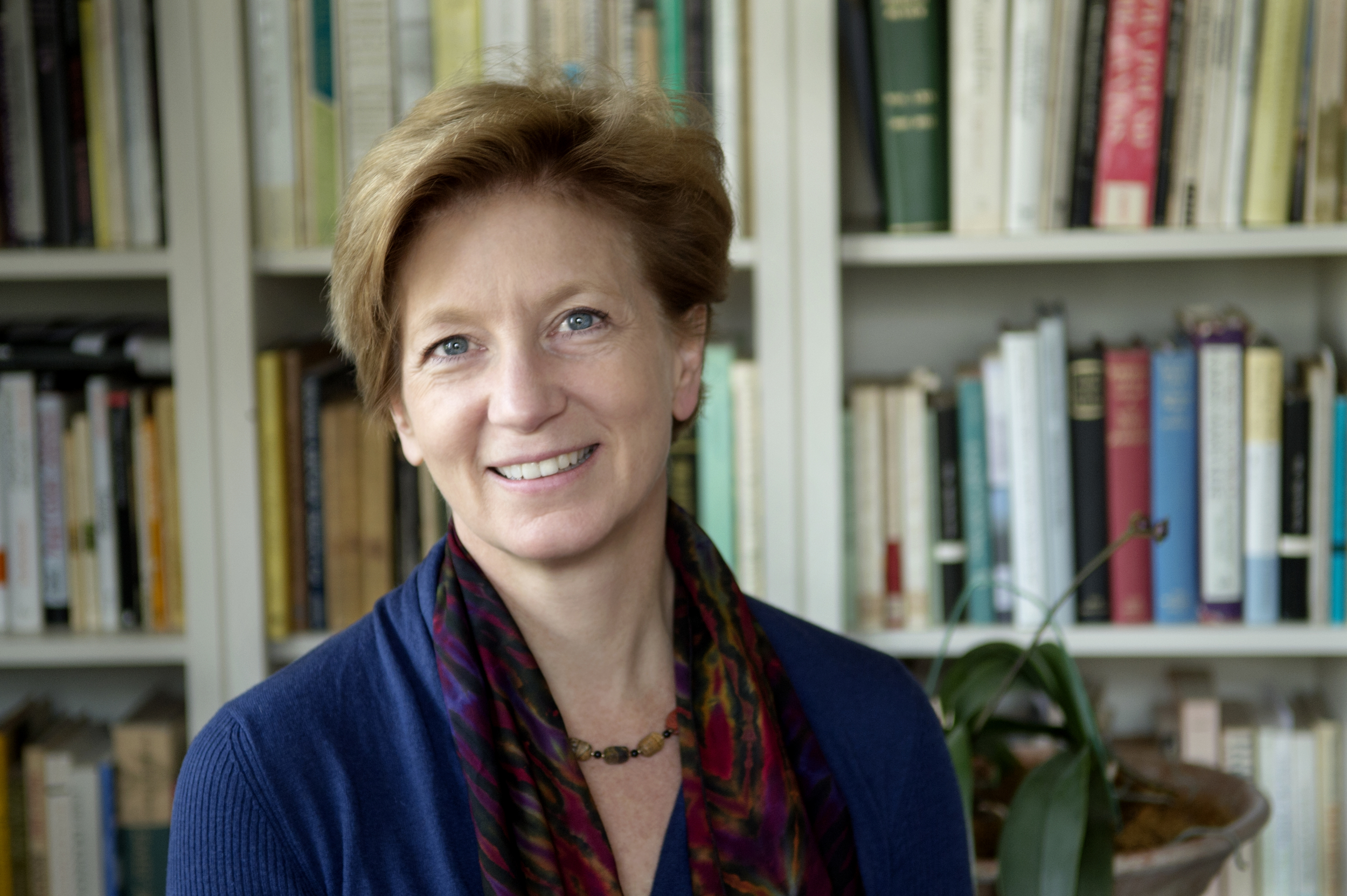
Moving on with our translators’ books of the year featurette, here comes Tess Lewis.
2023 was an especially strong year for women writing in German, so narrowing down my favorites to a few titles was an almost impossible task (and an unfair ask—Katy!). I’ve neglected many of my darlings and chosen one book from each German-speaking country. All three of these books, I’m glad to say, will be appearing in English in the next year.
From Germany 🇩🇪: Judith Hermann’s latest book, Wir hätten uns alles gesagt (We Would Have Told Each Other Everything), is a collection of her Büchner Prize lectures that reads like a psychological page-turner. Hermann delivers acute an exploration of how life becomes fiction—or not—and how the unsaid counterbalances what is said—in person and on the page. I guess you could call it ‘narrative auto-nonfiction.’ For a preview, check out the excerpt in Katy’s translation in Granta magazine’s recent Germany issue and enjoy the whole book when Mercier Press and Granta Books publish it next year.

From Austria 🇦🇹: I’ve already recommended Teresa Präauer’s satire of 21st century manners, Kochen im falschen Jahrhundert (Cooking in the Wrong Century) elsewhere and don’t mind if I do again.
There’s no accounting for taste, we’re told, but this witty, kaleidoscopic novel shows that it’s a very contentious topic, indeed. In the age of influencers and Instagram, the aspirational lifestyle has become an overinflated balloon, which Präauer punctures repeatedly over the course of two dozen overlapping, sometimes contradictory vignettes of a dinner party teetering on disaster. All the right elements are there—luxury brands mixed with flea-market finds, a star chef’s sumptuous cookbooks, the expensive dishtowel from Copenhagen—but the moving boxes are still unpacked long after the move and the guests show up late, having already eaten and tracking mud in. In one of the author’s many deft touches, the slyly sensuous episodes unfold to a subversive Spotify playlist: when one guest burns a hole through the Copenhagen dish towel, the Oscar Peter Trio plays Close Your Eyes, when another complains that there no more utopias, Miles Davis plays So What.

One way or another, we’re all cooking in the wrong century and out of that disconnect—the gap between the lives we imagine (or that are imagined for us) and the way we live now— Teresa Präauer has created a feast. Pull up a chair when Pushkin Press publishes it next year.
From Switzerland 🇨🇭: The Romansh poet Leta Semadeni’s first novel, Tamangur, is a gem with many facets. This childhood idyll in a remote alpine valley full of shadows throbs with a dark undercurrent of loss. Tamangur is an old stone pine forest in the Engadin but in this book it is also a mysterious realm of the dead, a kind of Valhalla for hunters and their families.

Like Cooking in the Wrong Century, Tamangur unfolds in vignettes. Eighty-four overlapping and intersecting episodes and flashbacks follow an unnamed young girl, simply called ‘the child’, and her grandmother as they navigate their grief at the loss of the girl’s beloved grandfather and her younger brother. It gradually becomes clear that the child believes she is responsible for her brother’s death, as a result of which her parents have abandoned her with her grandmother.
The small village has its share of oddballs and cranks, more or less harmless, including Elsa, whose passionate affair with Elvis is somewhat complicated by his absence, a seamstress who steals the memories of others, a louring chimney sweep, and a rude goat. They form a makeshift family of misfits that take some edge off the sharper corners of fate. Semadeni’s prose is crystalline, evocative and highly attuned to the faintly absurd. A joy to read for all its heartbreak. Seagull had the good sense to snap up the rights.